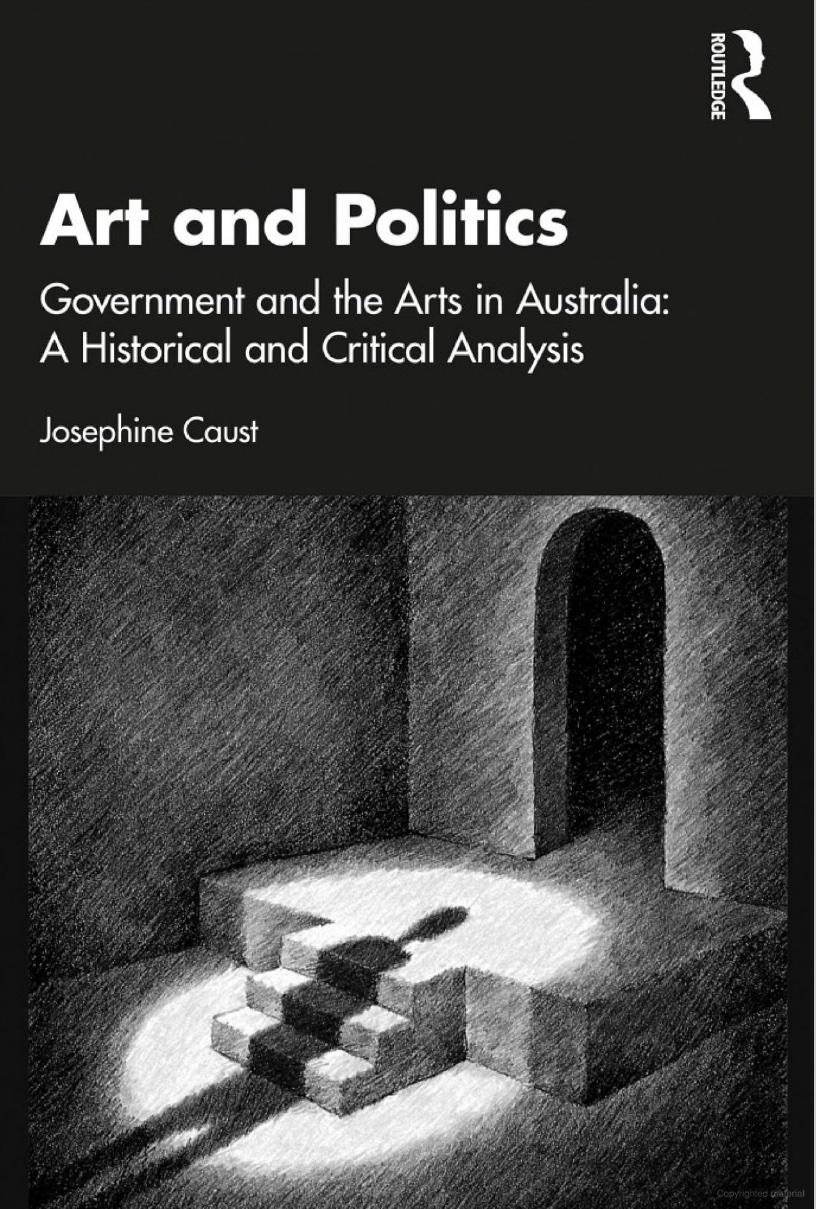In her new book Art and Politics – Government and the Arts in Australia: A Historical and Critical Analysis, Josephine Caust of the University of Melbourne’s School of Culture and Communication explores the ways in which Australian governments at all levels have been engaged with arts and culture since the beginning of European settlement.
In this edited excerpt from the book, Caust shines light on arts ministers and the importance of their personal preferences.

An interesting aspect of the arts is how everyone has strong views about them.
These views might relate to their personal preferences or what they believe is good and bad about art or whether government should have any involvement in arts practice and so on.
Politicians are human beings, and they also have views about the arts. These views can then become somewhat exaggerated if they are given responsibility for the arts as part of their government portfolio. This is where there is a dilemma; everyone has a view, but they may not have a depth of knowledge about the subject, or their view may be prejudiced because of their own values and belief systems.
Politicians for example tend to be generalists...










Comments
Log in to join the conversation.